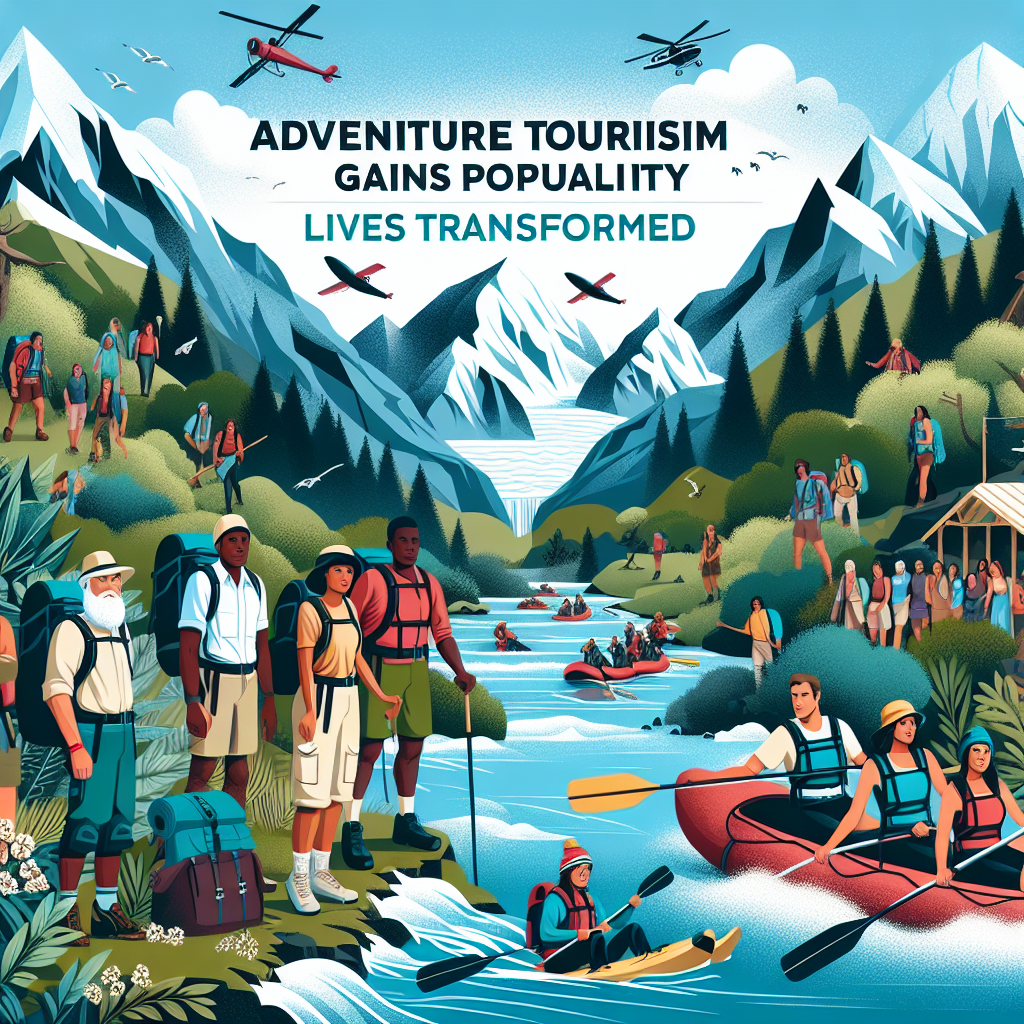In a world increasingly dominated by technology, there exists an intriguing counter-movement. From scaling peaks in Patagonia to trekking through the Amazon rainforest, adventure tourism is gaining popularity at an unprecedented rate. But this rapid rise brings with it significant challenges that require strategic policy decisions.
The roots of adventure tourism trace back centuries when early explorers ventured into uncharted territories seeking new lands or trade routes. In recent decades though, what was once reserved for hardened adventurers has become accessible to all – thanks in part to advancements in transportation and safety equipment.
Stakeholders from different sectors are playing their roles in shaping this industry. Tourism agencies work tirelessly to ensure safety standards while local communities often depend on revenues generated from these thrill-seeking tourists.

The economic impact of adventure tourism is notable. Regions once wallowing in obscurity have now been thrust onto the international tourist map generating local employment and driving infrastructural development.
Social consequences are profound as well. Shared experiences of surviving extreme environments foster camaraderie among participants who often hail from diverse cultural backgrounds inflaming a sense of global citizenship.
However, implementation challenges abound as increased footfall threatens fragile ecosystems which struggle under environmental stressors – making sustainability practices pivotal for survival.
Success Metrics:
- Tourist Satisfaction Ratings
- Economic Impact Assessment
Juxtaposed against conventional vacationing options like tranquil beaches or serene hill stations ,adventure tourism seems daunting. However, its proponents vouch for the transformative experiences it offers.
Future Projections:
The forecast looks promising with statistics projecting a steady growth curve as more people set out in search of adrenaline-fueled escapades away from their urban lifestyles.
Recommendations:
Policymakers need to strike a balance between reaping economic benefits and preserving nature’s bounty – an achievable goal through sustainable tourism practices.

